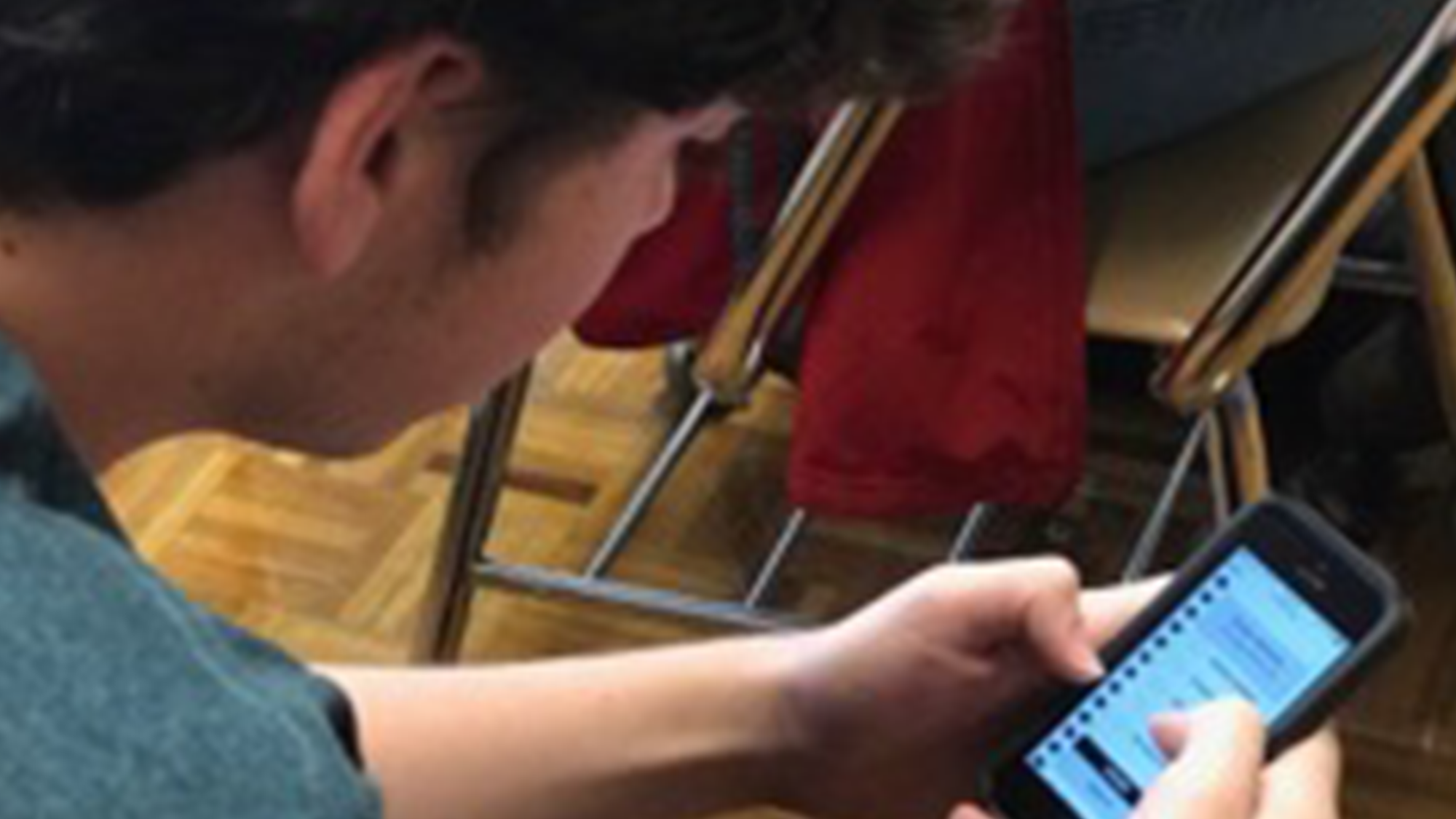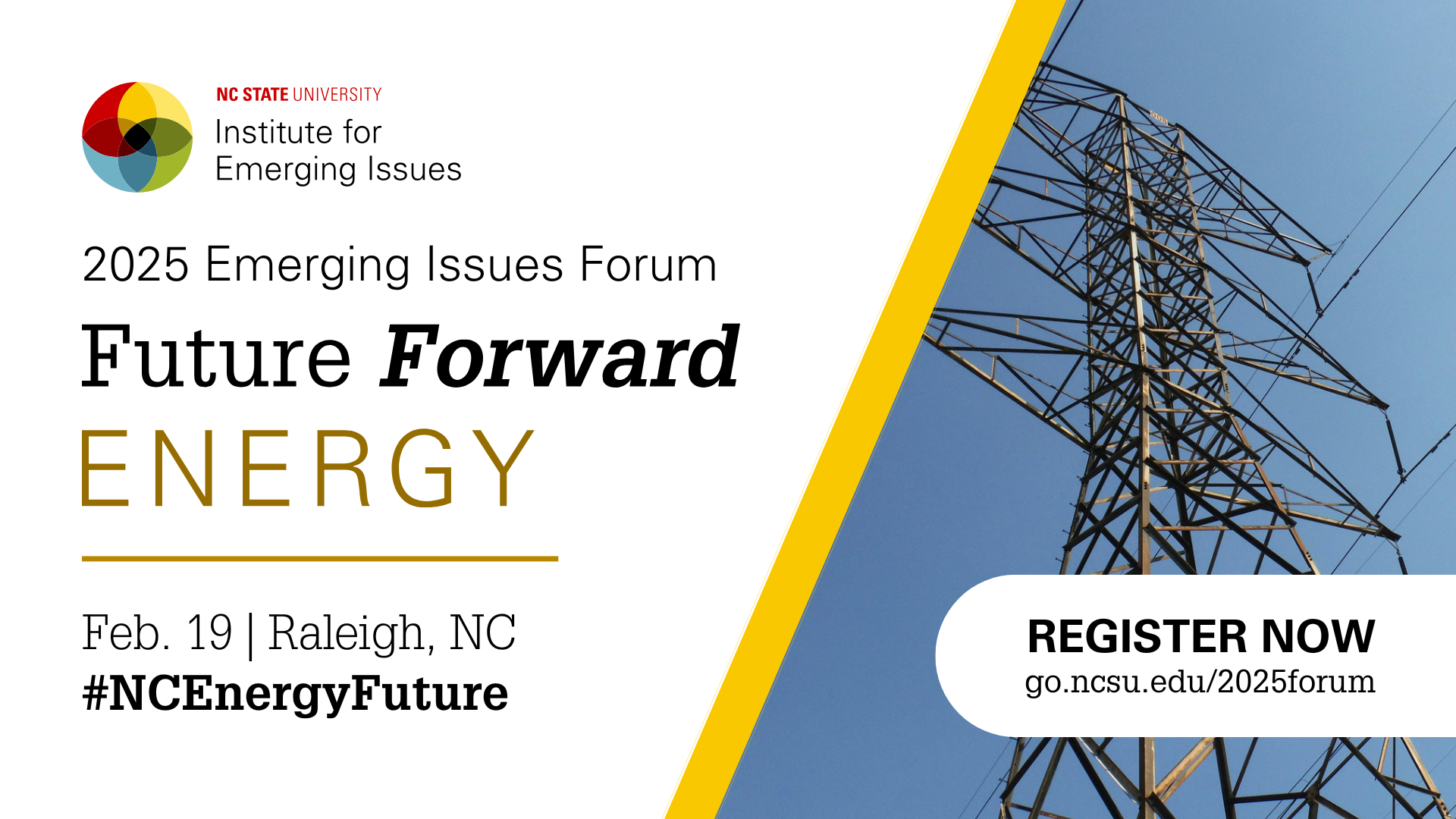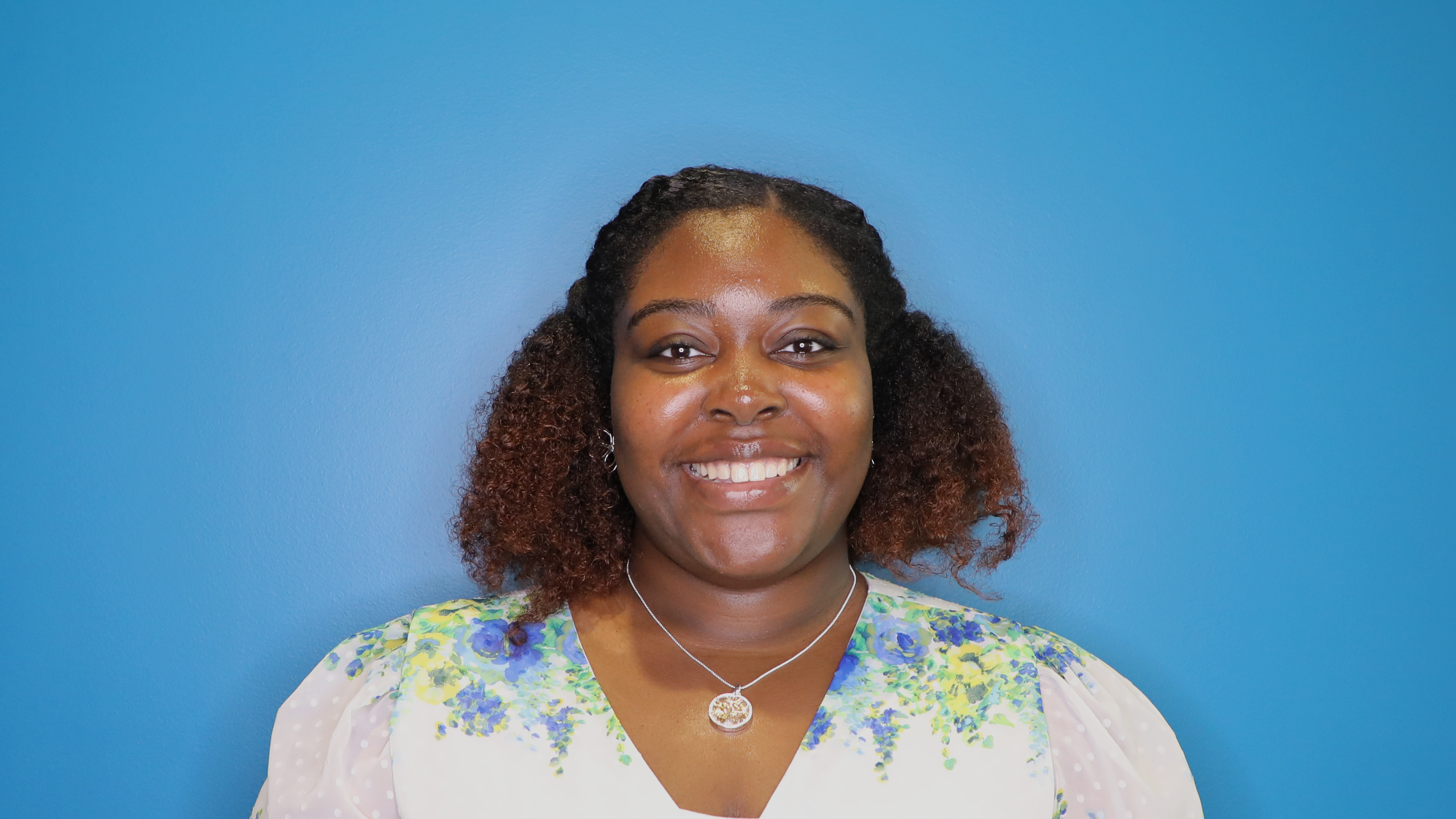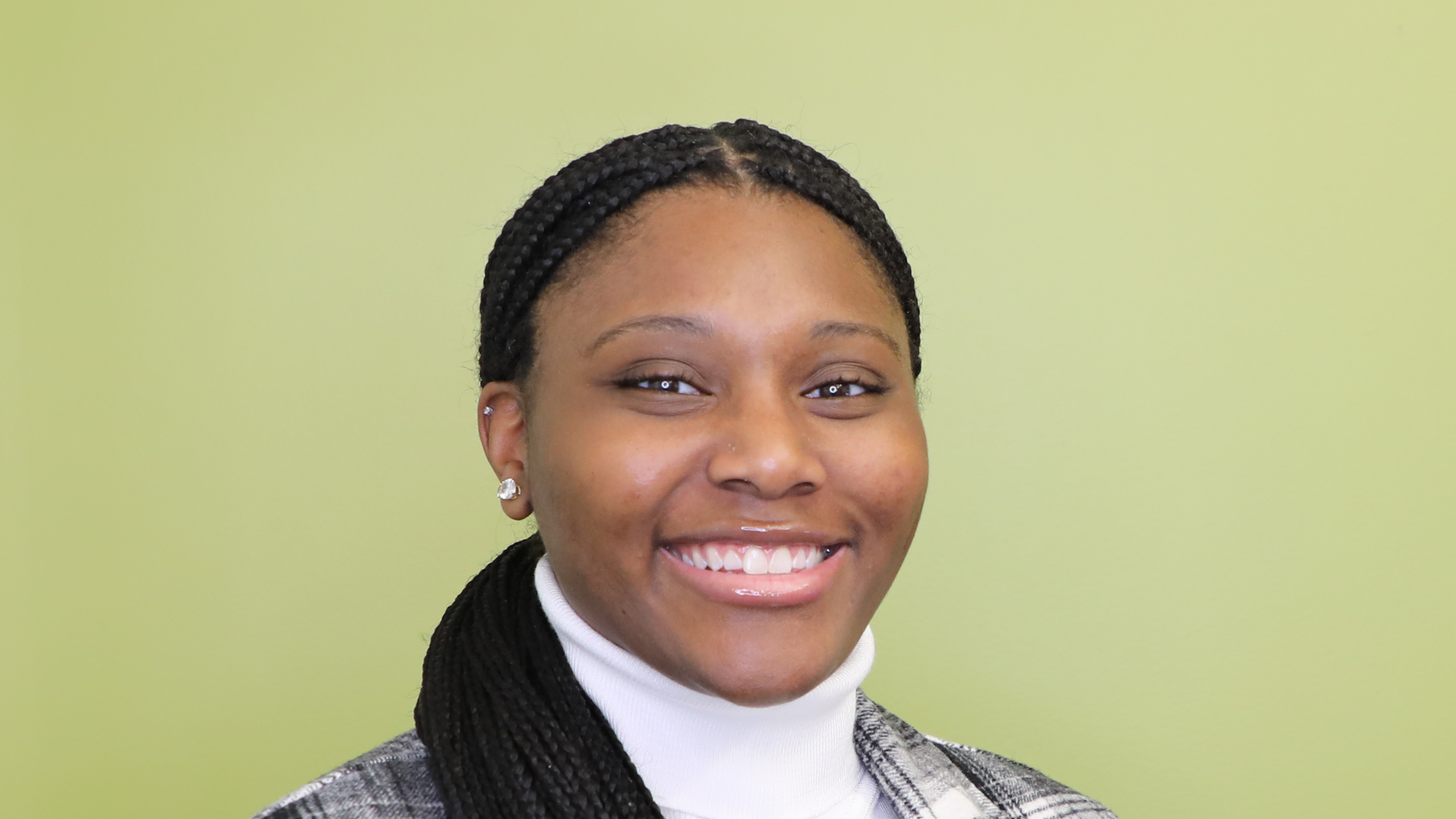First Vote NC: Making Civic Engagement a “Habit” for Teens

Hunter Buxton once took a two-and-a-half-hour trip home from college just to vote—in a local election.
However, that type of civic commitment was the norm in her Concord, N.C. household and her parents would have been mortified if she hadn’t done her part for local democracy.“I grew up in a household where we talked politics a lot,” Buxton said. “It was something that was just very much a part of the culture of my household.”
Drawing on her upbringing, and a desire to make civic participation a more ubiquitous part of North Carolina’s youth culture, Buxton founded First Vote NC in 2016. Through mock simulation elections and civic education, the program brings home the reality of voting for North Carolina’s high schoolers, endeavoring to create civic “habits” the students carry over once they’re old enough to vote in real elections.
High schools typically teach civics, but not always the real world mechanics of the voting process, Buxton said. First Vote NC fills that gap.“First Vote NC offers the last part of that civics education bridge—the real world completion of that knowledge,” Buxton said. To take First Vote NC’s message wider, Buxton became a part of EducationNC in 2017. “I liked that they were a nonpartisan organization and that they already had their outreach so deep in the schools.”
First Vote NC’s mission compliments EducationNC’s desire to expand educational opportunities for all children, said Molly Osborne, EducationNC’s director of policy and community engagement. “As part of our mission is to expand educational opportunities for all children and encourage informed citizen participation, First Vote NC fits naturally under the EducationNC umbrella organization,” Osborne said. “We believe First Vote NC provides an important educational opportunity for students, preparing them to graduate civic-ready in addition to career- and college-ready.”
Encouraging civic participation among young people is especially crucial as Millennials now make up as a large a percentage of the electorate as Baby Boomers. Millennials (a generation defined as people born between the early 1980s and mid 1990s) currently represent around 31 percent of the electorate, according to data from the Pew Research Center—that’s the same percentage share as Boomers, but Millennials continue to have the lowest voter turnout of any age group.
Only 46 percent of Millennials voted in the last presidential election, compared to 69 percent of Boomers. Myriad reasons are given for millennials low voter turnout. Buxton pointed to a fractured information and social media culture, while Osborne noted a study that found that weekly instructional time in history and social studies in early and middle school grades had declined since the early 2000s.
Buxton hopes that First Vote NC will continue to play a role in changing those numbers.
“Just like an environment is healthy when there’s bio-diversity, so is a democracy when there is age diversity,” Buxton said. “The simplest way to gain influence as a cohort is to become informed and participate. If young people want to have agency, they need to vote”.
- Categories:


